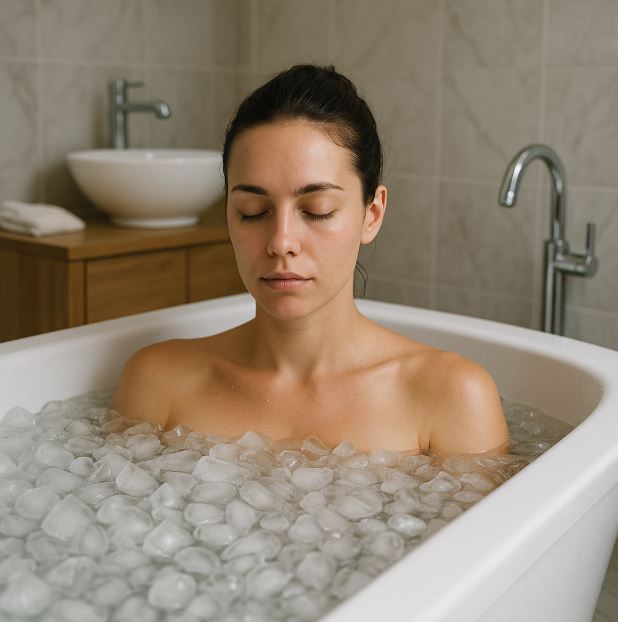Ice Baths for Cold Water Therapy
When it comes to recovery methods in sports and wellness, few topics divide opinion more than ice baths. Immersing yourself in chilly water might sound extreme, but for many athletes and enthusiasts, ice baths, also known as cold water therapy, have become a go-to ritual for reaping physical and mental benefits. But what makes an ice bath so popular, and is it right for you? Let’s take a deep (and cold!) dive into the world of ice baths.
What Are Ice Baths and Why Are They Popular?
An ice bath involves submerging your body in very cold water, typically between 50°F and 59°F (10°C and 15°C), for a duration of 5 to 15 minutes. This practice has gained traction in sports medicine, fitness, and even wellness circles for its purported restorative effects.
From soccer stars taking post-match plunges to wellness influencers touting mental clarity after cold immersion, ice baths have found a diverse fan base. Their popularity stems not just from their physical benefits but also from their perceived ability to enhance psychological resilience, a win-win for both body and mind.
The Science-Backed Benefits of Ice Baths
Here’s what scientific studies, athletes, and recovery experts say about the potential benefits of ice baths:
1. Reduced Muscle Soreness and Inflammation
After intense exercise, your muscles develop microtears that lead to soreness – a phenomenon known as delayed onset muscle soreness (DOMS). Research suggests that cold water immersion reduces inflammation by constricting blood vessels and flushing out metabolic waste. This can alleviate muscle pain and promote faster recovery.
A meta-analysis published in the Journal of Sports Medicine in 2016 found that cold immersion helped reduce soreness in the first 24 to 96 hours after exercise, making it a preferred method for recovery among athletes.
2. Improved Blood Flow and Circulation
Alternating your exposure to cold and warm temperatures (sometimes called contrast therapy) can stimulate blood flow. An ice bath causes your blood vessels to constrict (vasoconstriction), and once you rewarm, they dilate (vasodilation). This process may help oxygenate your muscles and remove toxins, speeding up the body’s natural recovery process.
3. Boost in Mental Resilience
Taking the plunge into icy water isn’t just good for the body – it’s a serious mental challenge. Many enthusiasts claim that ice baths train their minds to tolerate discomfort, reduce stress, and enhance focus. The practice stimulates the release of norepinephrine, a hormone that helps regulate mood and stress.
“Wim Hof, the ‘Iceman’ known for his cold therapy techniques, emphasises its profound effects on mental health, including reduced anxiety and enhanced emotional balance,” says Dr Heather Kent, a wellness specialist.
4. Decreased Swelling in Injuries
Athletes often use ice therapy for acute injuries like sprains, as cold can minimise swelling and pain. Ice baths bring a similar principle to the entire body, reducing overall inflammation and stiffness after tough physical exertion.
5. Potential Immune System Benefits
Emerging research suggests cold water immersion may positively affect the immune system by increasing white blood cell production. However, more studies are needed to understand the precise mechanisms.
Cold water immersion offers a range of potential benefits, from enhancing recovery and reducing inflammation to boosting mood and potentially supporting the immune system.













